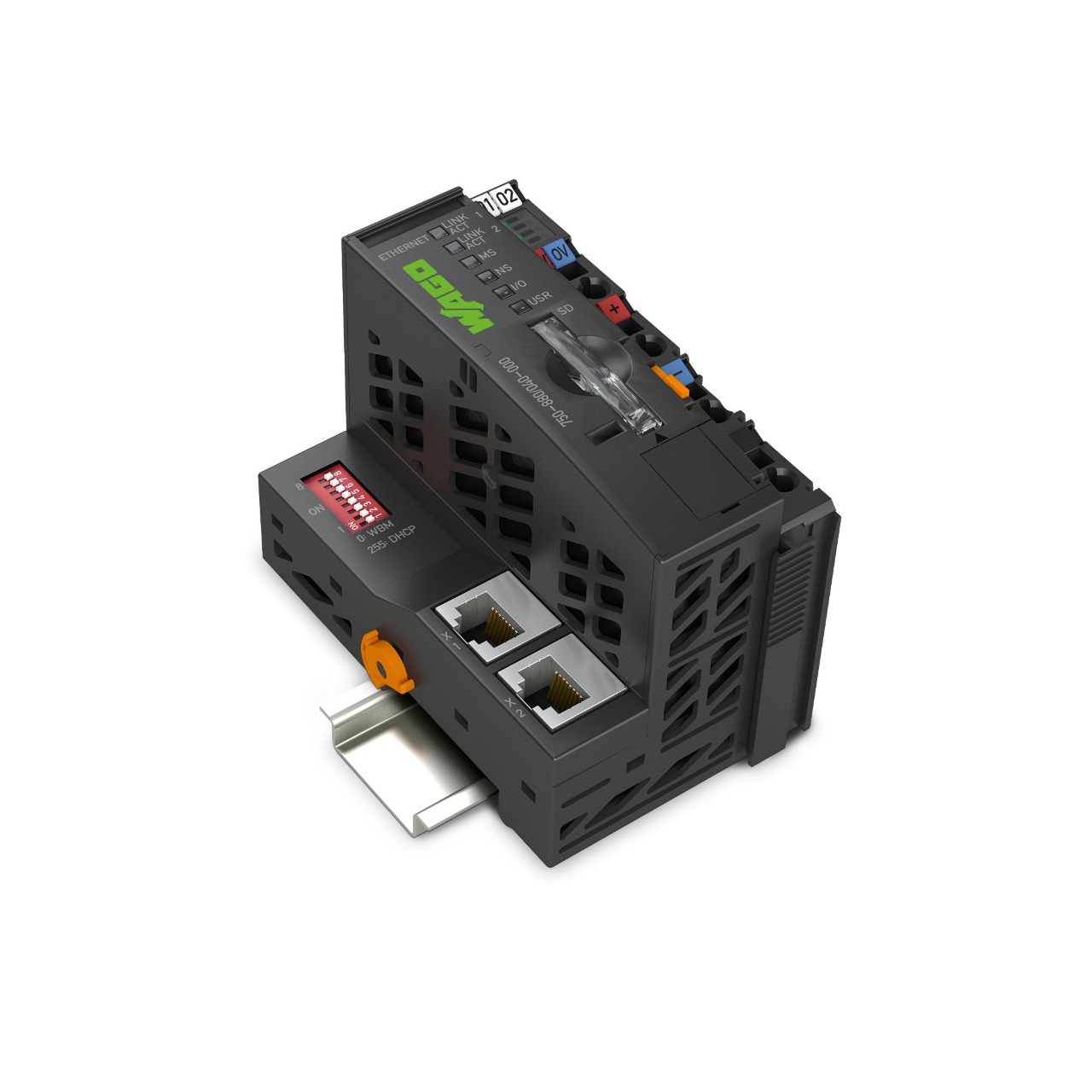A Fieldbus system is a digital network used for communication between various devices and systems in an industrial environment. It allows for the exchange of data and information in real time, which is essential for any manufacturing company. Using a Fieldbus system has many benefits, such as increased efficiency, flexibility, and safety. This blog post will explore why a Fieldbus system is essential for every manufacturing company. We will also touch on the different types of Fieldbus systems and their features.
What is a Fieldbus system?
A Fieldbus system is a digital communication system that connects various devices and sensors in a manufacturing or process control environment. The system allows for the exchange of data and information between these devices, which can then be used to monitor and control the manufacturing process.
There are many benefits to using a Fieldbus system, including improved process control, increased efficiency, and reduced wiring costs. Additionally, Fieldbus systems offer greater flexibility and scalability than traditional analog systems.
If you’re considering a Fieldbus system for your manufacturing company, you must partner with a reputable supplier who can provide you with the right products and support.
The benefits of a Fieldbus system
Fieldbus systems offer many benefits for manufacturing companies, including:
- Improved communication and coordination between different parts of the manufacturing process
- Reduced wiring costs
- Faster installation and commissioning time
- Greater flexibility in adding or reconfiguring equipment
- Easier maintenance and troubleshooting
The different types of Fieldbus systems
A Fieldbus system is a distributed control system in which intelligent devices are connected by a common bus. Devices connected by a Fieldbus can communicate with each other without the need for a central controller. This allows for more flexibility and scalability than traditional control systems.
There are different Fieldbus systems, each with its advantages and disadvantages. The most common types of Fieldbus systems are Profibus, CANopen, DeviceNet, and Modbus.
Profibus is the most widely used Fieldbus system. It is suitable for demanding applications such as process control and factory automation. Profibus has high data rates and supports up to 1,500 nodes per network.
CANopen is an open standard Fieldbus system widely used in industrial automation and automotive applications. CANopen devices can be interconnected to form a network without needing a central controller. CANopen supports up to 60,000 nodes per network and offers high data rates.
DeviceNet is a lower-cost alternative to Profibus and CANopen. It uses a simple protocol for small networks of up to 64 nodes. DeviceNet has low data rates and does not support as many features as Profibus or CANopen.
Modbus is the most commonly used industrial protocol for communication between devices. It is suitable for use in small networks of up to 247 nodes. Modbus has low data rates and does not support as many features as Profibus or CANopen.
How to choose the right Fieldbus system for your company
If you’re in the market for a Fieldbus system, keep a few things in mind to choose the right one for your company. Here are a few factors to consider when making your decision:
The size of your operation: A Fieldbus system is more beneficial for a significant operation with many different machines. If you have a minor operation, you may only need some of the features a Fieldbus system offers.
The types of machines you have: Some Fieldbus systems are designed for specific machines. Make sure to choose a system that is compatible with the machines you have.
Your budget: Fieldbus systems can vary significantly in price, so it’s crucial to find one that fits your budget.
Fieldbus system installation and maintenance tips
A Fieldbus system is a distributed control system that uses digital communication to connect various devices in an industrial environment. It allows for the centralized management of all aspects of the manufacturing process, from production scheduling and quality control to machine monitoring and data collection.
The benefits of a Fieldbus system are many, but perhaps the most important is its ability to improve efficiency and productivity by reducing or eliminating the need for manual intervention. In addition, a Fieldbus system can provide real-time data that can be used to make informed decisions about the manufacturing process.
When installing a Fieldbus system, there are a few things to keep in mind:
- Make sure that all devices in the network are compatible with the Fieldbus protocol. This includes both hardware and software.
- Plan the installation carefully. A well-designed Fieldbus system will be much easier to install and maintain than one not planned out properly.
- Be sure to follow all instructions carefully when installing the system. This will help ensure that it functions properly and does not cause any disruptions in the manufacturing process.
- Once the system is installed, test it thoroughly before putting it into production. This will help ensure that its operation runs smoothly.
- Regular maintenance is essential for keeping a Fieldbus system functioning correctly. Be sure to schedule regular checkups and take care of any issues that arise promptly.
Conclusion
If your company is not already using a Fieldbus system, consider implementing one. Fieldbus systems offer significant advantages for manufacturing companies, including improved communication, flexibility, and efficiency. With the many benefits that Fieldbus systems provide, there’s simply no reason not to take advantage of this technology in your business.















Leave a Reply